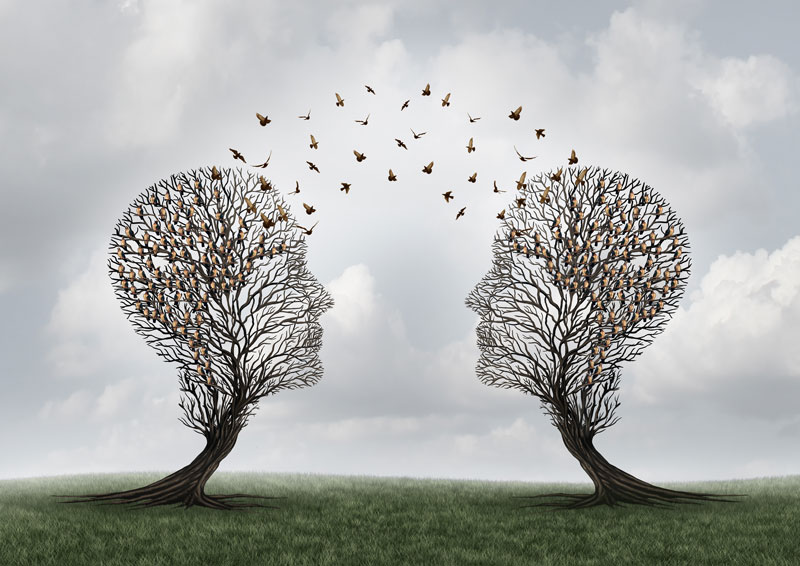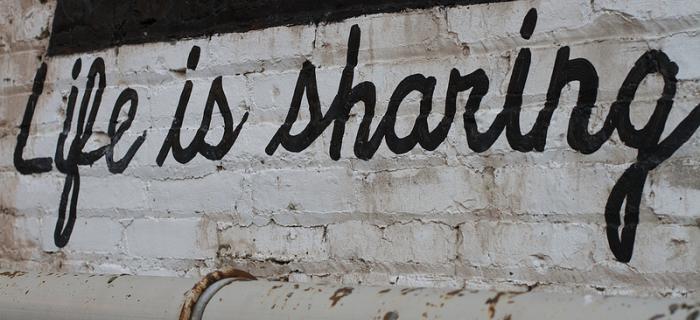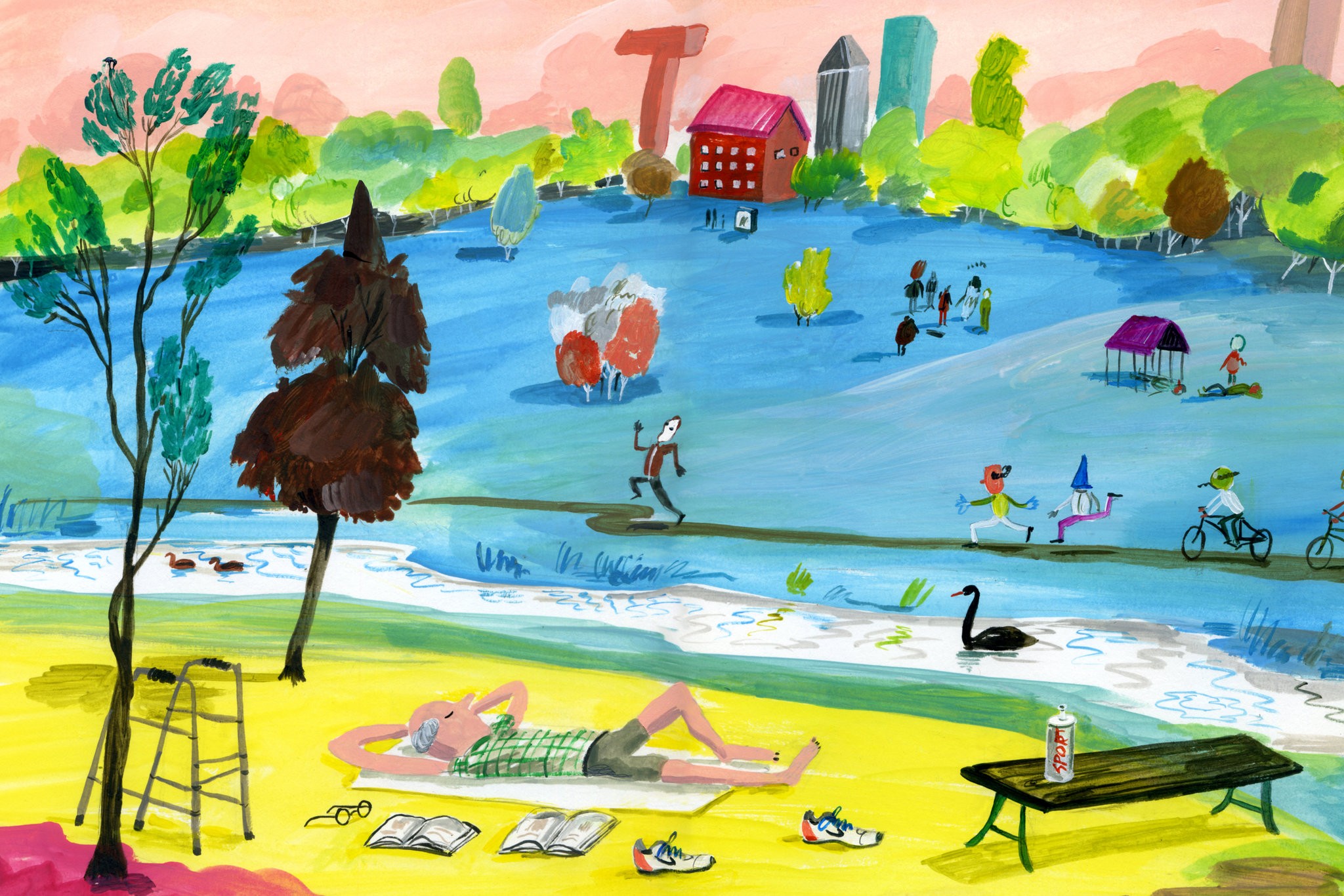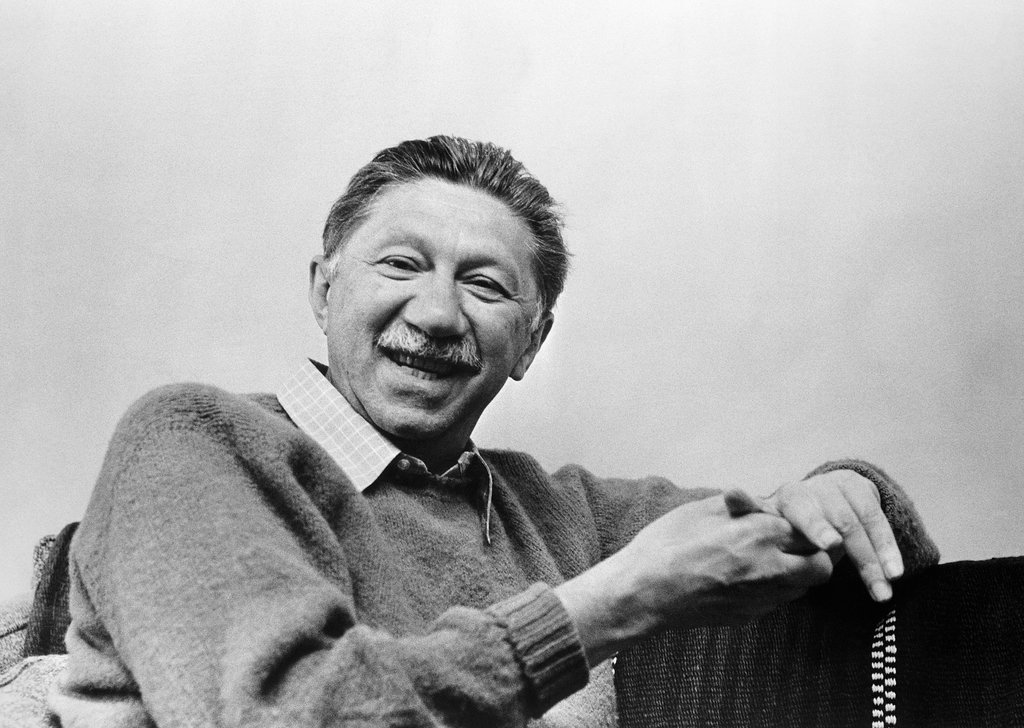

Aging Comes Without Our Help. Contentment Does Not.
As good a read as it is difficult to execute. Take the headline itself, which contains the word, if not offered remedy, contentment. Well, that’s not loaded. Is it? Thing is, its a tough proposition for most (not all) people, at any age, say…over…50? Give or take? Why? Number of reasons. may justified. Really.
Why are they justified? Because life is just hard-ER, without certain things in our lives. Those “things” are another article, another essay. Lets just say, when it comes to these things, where there is more agreement, than disagreement, among rationally, realistically thinking human beings, there’s more truth, than fabrication.
With that, comes the real challenge. Its not going to be the pursuit of a spiritual zen-like stance that magically overcomes the lack of these things, but, a deliberate, almost forced acceptance, and yes, begrudging, acceptance of the particular, but common shortcomings any one of us may feel slighted from. This includes the wealthy, who are not immune to feeling the lack of things beyond the grasp of what money can buy.
Finally, the idea of rising above health problems has always been its own thing. To fight that adversity off even as we age into more physical frustrations and battles is, ironically, easier to do than most of us, or others think. Why? Because its not really in our control. at least, not once it happens. At that point, its in medicine’s hands, doctors, hospitals, viatical oddsmakers, and fate. Where do we go from there? Contentment? Hmmm. Not sure I can work with the one word alone. Too tidy. If only…
The body text is helpful, just not, the quick fix hook in the headline. Look for kinship among positive leaning souls of a like mind. A full sentence that says more to me.
The Secret to Aging Well? Contentment
“Despite having many friends in their 70s, 80s and 90s, I’ve been far too slow to realize that how we respond to aging is a choice made in the mind, not in the gym.”
By Robert W. Goldfarb, NYTimes
At 88, I remain a competitive runner, always sprinting the last hundred yards of a race to cross the finish line with nothing left to give. The finish line of my life is drawing close, and I hope to reach it having given the best of myself along the way. I’ve been training my body to meet the demands of this final stretch. But, I wonder, should I have asked more of my mind?
I have no trouble taking my body to a gym or starting line. I’ve done a good job convincing myself that if I didn’t exercise, I would unleash the many predators that seek their elderly prey on couches, but not on treadmills. The more I sweated, the more likely it was my internist would continue to exclaim, “Keep doing what you’re doing, and I’ll see you next year.” It was my way of keeping at bay the dreaded: “Mr. Goldfarb, I’m afraid I have some bad news.”
My mind, on the other hand, seems less willing to yield to discipline, behaving as though it has a mind of its own. I have dabbled in internet “brain games,” solving algebraic problems flashing past and rerouting virtual trains to avoid crashes. I’ve audited classes at a university, and participated in a neurofeedback assessment of my brain’s electrical impulses. But these are only occasional diversions, never approaching my determination to remain physically fit as I move deeper into old age.
Despite having many friends in their 70s, 80s and 90s, I’ve been far too slow to realize that how we respond to aging is a choice made in the mind, not in the gym.
Some of my healthiest friends carry themselves as victims abused by time. They see life as a parade of disappointments: aches and ailments, confusing technology, children who don’t visit, hurried doctors.
Other friends, many whose aching knees and hips are the least of their physical problems, find comfort in their ability to accept old age as just another stage of life to deal with. I would use the word “heroic” to describe the way they cope with aging as it drains strength from their minds and bodies, though they would quickly dismiss such a term as overstatement.
One such friend recently called from a hospital to tell me a sudden brain seizure had rendered him legally blind. He interrupted me as I began telling him how terribly sorry I was: “Bob, it could have been worse. I could have become deaf instead of blind.”
Despite all the time I spend lifting weights and exercising, I realized I lack the strength to have said those words. It suddenly struck me I’ve paid a price for being a “gym rat.”
If there is one characteristic common to friends who are aging with a graceful acceptance of life’s assaults, it is contentment. Some with life-altering disabilities — my blind friend, another with two prosthetic legs — are more serene and complain less than those with minor ailments. They accept the uncertainties of old age without surrendering to them. A few have told me that the wisdom they’ve acquired over the years has made aging easier to navigate than the chaos of adolescence.
It was clear I lacked, and had to find, the contentment those friends had attained. The hours I spent exercising had given me confidence, but not contentment.
The 30-pound weight I no longer attempt to lift reminds me that not far off is the day when lifting anything, or running anywhere, will be asking too much of my body. My brain would have to become the muscle I counted on to carry me through these final years with the peace and purpose others had found. Aging had to be more than what I saw in a mirror.
But rather than overhauling my life completely in the hopes of undertaking a fundamental change in the way I confronted aging, I felt the place to begin would be to start small, adopting a new approach to situations I encountered every day. A recent lunch provided a perfect example.
I’ve always found it extremely difficult to concentrate when I’m in a noisy setting. At this lunch with a friend in an outdoor restaurant, a landscaper began blowing leaves from underneath the bushes surrounding our table.
Typically, after such a noisy interruption, I would have snapped, “Let’s wait until he’s finished!” then fallen silent. When the roar eventually subsided, my irritation would have drained the conversation of any warmth. The lunch would be remembered for my angry reaction to the clamor, and not for any pleasure it gave the two of us.
It troubled me that even a passing distraction could so easily take me from enjoying lunch with a good friend to a place that gave me no pleasure at all. I wanted this meal to be different and decided to follow the example of friends my age who know they are running out of joyous moments and will let nothing interfere with them. They simply speak louder, accepting the noise for what it is, a temporary irritant.
My years in gyms had taught me to shake off twinges and other distractions, never permitting them to stop my workout or run. I decided to treat the noise as though it were a cramp experienced while doing crunches. I would shake it off instead of allowing it to end our conversation.
I continued talking with my friend, challenging myself to hear the noise, but to hold it at a distance. The discipline so familiar to me in the gym — this time applied to my mind — proved equally effective in the restaurant. It was as though I had taken my brain to a mental fitness center.
Learning to ignore a leaf blower’s roar hardly equips me to find contentment during my passage into ever-deeper old age. But I left the lunch feeling I had at least taken a small first step in changing behavior that stood in the way of that contentment.
Could I employ that same discipline to accept with dignity the inevitable decline awaiting me: frailty, memory lapses, dimming sound and sight, the passing of friends and the looming finish line? Churning legs and a pounding heart had taken me part of the way. But now the challenge was to find that contentment within me. Hoping that contentment will guide me as I make my way along the path yet to be traveled.
Robert W. Goldfarb is a management consultant and the author of “What’s Stopping Me From Getting Ahead?”

The Sole Pursuit of Selfhood Leaves Out Deeper Fulfillment
I‘m on board with David Brooks here.
Maslow was a great thinker, but the pursuit of self as the highest goal, which has spawned the “me” generation, has always struck me as a cold and removed way of living. Selfish, in more pedantic terms. Especially when juxtaposed within a marriage or close romantic relationship.
Life is lonely enough when you really get down to it. Only a deep union with others, the type that is completely unattached to self focused goals, and one we embrace with no weighty fears of failure, can fight off that loneliness.
When Life Asks for Everything
The first is what you might call The Four Kinds of Happiness. The lowest kind of happiness is material pleasure, having nice food and clothing and a nice house. Then there is achievement, the pleasure we get from earned and recognized success. Third, there is generativity, the pleasure we get from giving back to others. Finally, the highest kind of happiness is moral joy, the glowing satisfaction we get when we have surrendered ourselves to some noble cause or unconditional love.
The second model is Maslow’s famous hierarchy of needs. In this conception, we start out trying to satisfy our physical needs, like hunger or thirst. Once those are satisfied we move up to safety needs, economic and physical security. Once those are satisfied we can move up to belonging and love. Then when those are satisfied we can move up to self-esteem. And when that is satisfied we can move up to the pinnacle of development, self-actualization, which is experiencing autonomy and living in a way that expresses our authentic self.
The big difference between these two schemes is that The Four Kinds of Happiness moves from the self-transcendence individual to the relational and finally to the transcendent and collective. Maslow’s hierarchy of needs, on the other hand, moves from the collective to the relational and, at its peak, to the individual. In one the pinnacle of human existence is in quieting and transcending the self; in the other it is liberating and actualizing the self.
Most religions and moral systems have aimed for self-quieting and self-transcendence, figuring that the great human problem is selfishness. But around the middle of the 20th century, Abraham Maslow, Carl Rogers and others aimed to liberate and enlarge the self. They brought us the self-esteem movement, humanistic psychology, and their thinking is still very influential today.
For example, on Tuesday one of America’s leading marriage researchers, Eli J. Finkel, publishes an important book called “The All-or-Nothing Marriage.” It’s quite a good book, full of interesting insights on contemporary marriage. But it conceives marriage completely within the Maslow frame.
In this conception, a marriage exists to support the individual self-actualization of each of the partners. In a marriage, the psychologist Otto Rank wrote, “one individual is helping the other to develop and grow, without infringing too much on the other’s personality.” You should choose the spouse who will help you elicit the best version of yourself. Spouses coach each other as each seeks to realize his or her most authentic self.
“Increasingly,” Finkel writes, “Americans view this definition as a crucial component of the marital relationship.”
Now I confess, this strikes me as a cold and detached conception of marriage. If you go into marriage seeking self-actualization, you will always feel frustrated because marriage, and especially parenting, will constantly be dragging you away from the goals of self.
In the Four Happiness frame, by contrast, marriage can be a school in joy. You might go into marriage in a fit of passion, but, if all works out, pretty soon you’re chopping vegetables side by side in the kitchen, chasing a naked toddler as he careens giddily down the hall after bath -time, staying up nights anxiously waiting for your absent teenager, and every once in a while looking out over a picnic table at the whole crew on some summer evening, feeling a wave of gratitude sweep over you, and experiencing a joy that is greater than anything you could feel as a “self.”
And it all happens precisely because the self melded into a single unit called the marriage. Your identity changed. The distinction between giving and receiving, altruism and selfishness faded away because in giving to the unit you are giving to a piece of yourself.
It’s not just in marriage, but in everything, Maslow’s hierarchy of needs has always pointed toward a chilly, unsatisfying version of self-fulfillment. Most people experience their deepest sense of meaning not when they have placidly met their other needs, but when they come together in crisis.
Rabbi Wolfe Kelman’s life was fraught with every insecurity when he marched with Dr. King in Selma, but, he reported: “We felt connected, in song, to the transcendental, the ineffable. We felt triumph and celebration. We felt that things change for the good and nothing is congealed forever. That was a warming, transcendental spiritual experience. Meaning and purpose and mission were beyond exact words.”
In one of his many interesting data points, Finkel reports that starting around 1995, both fathers and mothers began spending a lot more time looking after their children. Today, parents spend almost three times more hours in shared parenting than parents in 1975 did. Finkel says this is an extension of the Maslow/Rogers pursuit of self-actualization.
I’d say it’s evidence of a repudiation of it. I’d say many of today’s parents are moving away from the me-generation ethos and toward covenant, fusion and surrendering love.
None of us lives up to our ideals in marriage or anything else. But at least we can aim high. Maslow’s hierarchy of needs too easily devolves into self-absorption. It’s time to put it away.



